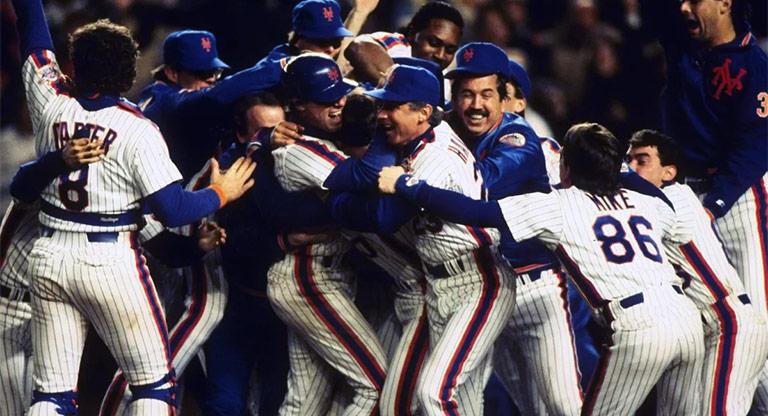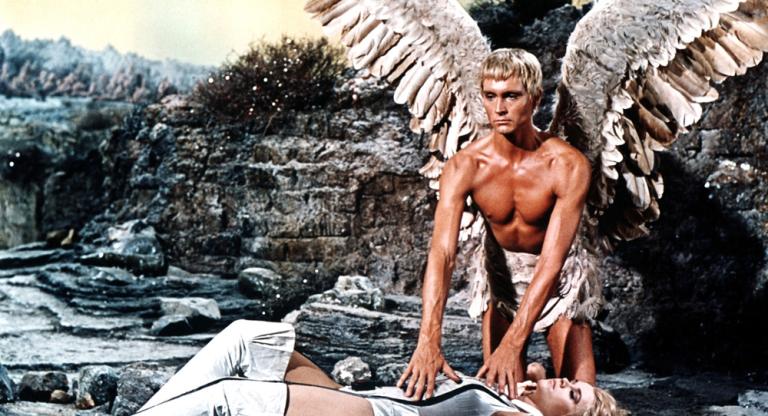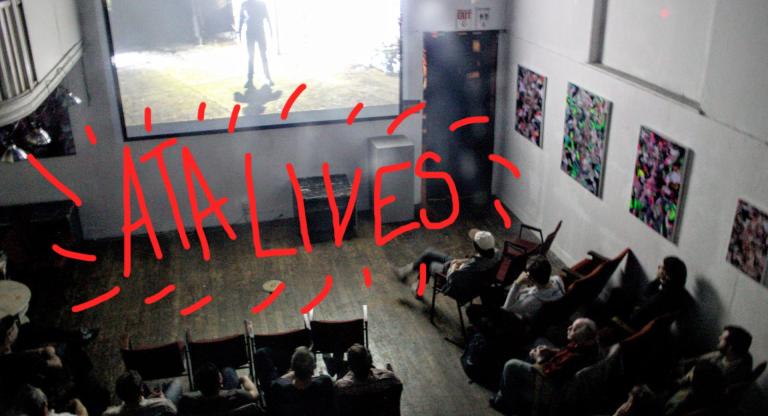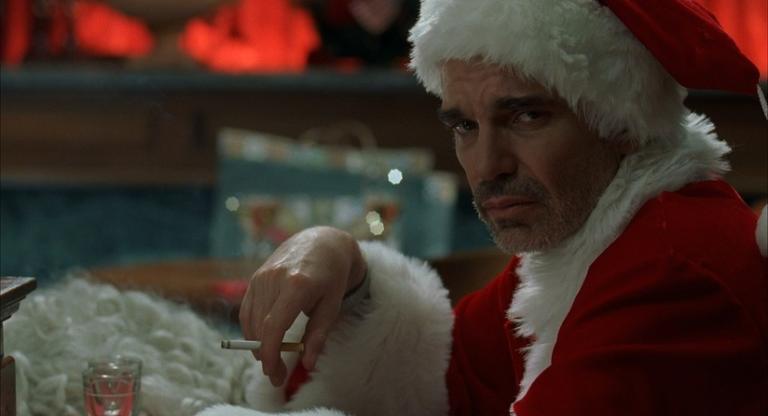After what could only be described as the longest winter of my life, the return of America’s pastime felt more uplifting than usual. Last year’s delayed season, spectator-less stadiums, and enraging new rules — a man on second in extra innings, seven-inning double headers and, worst of all, designated hitters in the National League — had a pall about it, hitting the spot only thanks to our sheer desperation. Like so many other masochistic baseball fans, I turned to the Japanese equivalent and archival games to get my fix.
The welcome news of pitchers and catchers reporting for spring training this year couldn’t have come at a better time. When the New York Metropolitans’ spring training games began in earnest, I watched damn-near every one of them. Hearing my old pals “Uncle” Keith Hernandez and Gary Cohen felt at once like a transmission from a byone time and a brief glimpse of a hopeful future. Soon enough, I prayed, I could return to the cheap seats at Citi Field (I still call it Shea), guzzle an $8 Coors Banquet, and hurl insults at schmucks like the Phillies and Nats.
It was during one such game, weeks out from the Mets’ Opening Day, that I caught wind of a fresh-faced Mets pitching prospect by the name of Trevor Hildenberger. Called up from the team’s minor league affiliate, Hildenberger performed beautifully at the mound, striking out the Marlins’ side in game seven of a tying match. Hernandez, an especially colorful color commentator, dropped a little bit of trivia that provided the impetus for this piece: before he followed his life-long dream of playing professional baseball, Hildenberger toyed with the idea of becoming a film critic.
Enchanted by this unconventional trajectory, I quickly took to Twitter — that antic nexus of film and baseball — and fired off a few zingers at the young hurler. Would he be interested in contributing to this very periodical? To my great surprise, Hildenberger responded enthusiastically, and by the end of the day we’d scheduled an interview. I wanted to speak to him, briefly, about the game, but what interested me most was his cinephilia. How do these two seemingly different — but, ultimately, sweetly similar — pastimes dovetail with one another?
What follows is a friendly chat with Hildenberger, wherein we ran the gamut from the national pastime to the seventh art, and a few things in between. This interview was transcribed by Ben Easton and has been edited for concision and clarity:
Caroline Golum: I don’t want to talk too much about your day job, obviously, because I’m sure that it’s been pretty well covered, but I think we should touch on it a little bit. We have a lot of baseball fans among our readership, and there is a considerable overlap between — at least in New York — baseball fandom and film fandom. Do you think there’s a connection there?
Trevor Hildenberger: Yeah, definitely. Being a spectator I think has to do with both of them. You can have different interactions as a fan with players on-field and, you know, stuff going on in the stands. Fans can create lifelong memories when they get balls or broken bats or whatever gets tossed in the stands. Going to a theater is a different experience than sitting and watching [a movie] at home, or watching the game at home. Traveling to a spot and viewing something with an audience, with other people around you, is a unique experience — both sports and movies.
People are still finding ways to talk about movies and connect online about it.
The environment influences you so much. Your emotions, sights, smells, and sounds are all different.
Let’s talk about your film fandom. I found out about this just by chance. What made you want to study film, and what was your learning like? Were you a writer? Did you make a bad thesis film? Walk me through it.
I became most interested in film in my sophomore year. I was having a hard time picking a major. I was finding my way, as a nineteen year old does. In an English class we read Children of Men, and then we had to watch the movie and write about how a scene related to the book. So I wrote about that famous scene, the six-or-seven minute long one take. I really enjoyed writing that paper, it was something that I could sink my teeth into, and I didn’t lose interest — which was new for me at the time. My professor at the time said, “This is actually a pretty good paper, you did a good job. Have you ever thought about studying film, or taking a film class in general?” That summer I took a film history class — and from there I started watching more and more movies, started a little DVD collection, started going to Rasputin in Berkeley and buying ten DVDs for ten dollars. I would spend a lot of my time off the field and away from my friends watching films — trying to catch up, just having a good base of classic films. Summer of 2011, I watched a lot: I took a Spielberg class, I took a Kubrick class, and I loved ‘em. I wrote my thesis on comparing Hayao Miyazaki and Steven Spielberg’s choices in filmmaking — both medium and narrative and themes and how growing up post-World War II world influenced their lives and their work.
There’s a tendency I’ve noticed of people who move toward cinema in general: there’s a hook, then you get into weirder and weirder shit. You have to chase that fix, right? A question from a buddy of mine, who is from the Bay Area and also loves baseball: he wants to know if you ever went to the PFA Theater?
I’ve definitely been to the PFA — I’ve been to the new one once. It’s beautiful. I hope to get back. I live about an hour away from there in the off-season. I saw Alfred Hitchcock’s Rope at the PFA.
Oof, great movie! Talk about single takes, man.
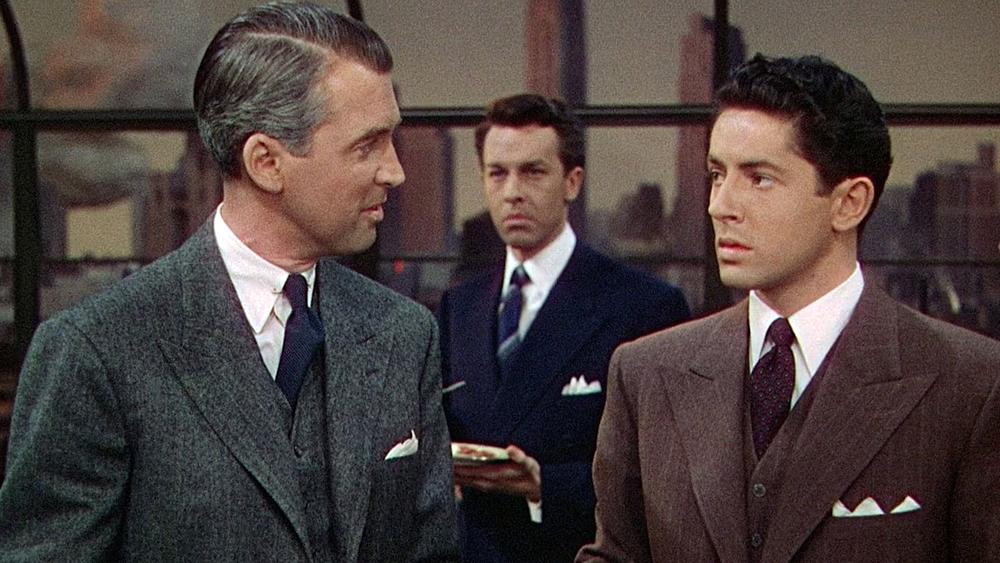
Unbelievable movie. I went alone on a Wednesday night, and it was just such a nice outing.
Going to the movies by yourself is also one of the great pleasures. Even though it is a communal experience, the idea of being alone in a crowd and anonymous and weird, you know?
It took me a while to get comfortable doing it.
Really? How come?
I felt like movies were something you did with friends. You went to the mall, you saw a movie, you got food. When I was really young, going alone was a sign that you didn’t have friends to go to the movies with. I didn’t love doing it, but in college I started doing it more and more until I became comfortable. Now, I do it all the time. I kind of prefer it.
That’s how you know you’re a real head. You’ve graduated from a casual viewer to somebody who really digs that stuff. Obviously you have a very busy work schedule. I really liked how, in our [Twitter] thread, you said: ‘I’m gonna be at work most of the day.’ People don’t think of professional athletes as laborers — but it is labor, and it’s taxing. Are you still able to balance your cinephilia with your work schedule?
In the off-season it’s easier to binge and catch up on some stuff, but actually during the [regular season] it’s not too bad. You may not be able to focus or enjoy the movies as much because you’re distracted or stressed, but when you’re on the road and you finish a day game and you’ve got another day game the next day, you’re pretty much done that evening. You can kick back at the hotel, order some room service and crush a good movie.
Do you guys watch movies on the road, on the bus?
In the Minor Leagues, you have long bus rides — during eight-to-fifteen-hour trips, you definitely wanna watch a movie. The hardest thing is agreeing on something. The manager will choose something on the lower levels. Older guys with more experience will choose something. Or you just put on one of the five-to-six baseball movies there are — For the Love of the Game, Field of Dreams, The Sandlot, Bull Durham. I’ve seen Bull Durham, you know, thousands of times. In the Major League I watch movies on the plane, in the hotels, and if I have time, I’ll try to go see one in the theater before a night game.
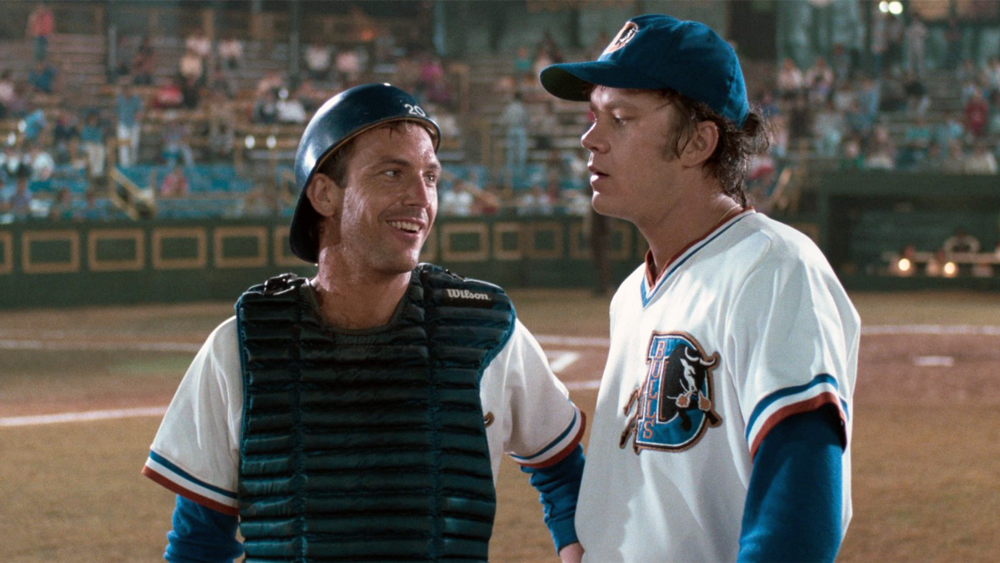
So if you’re in a town, you can go to the theater and just sort of go by yourself and do your thing?
Yeah. If I have an afternoon to explore Chicago, I find a spot there to watch a movie and then head over to the field later.
You told me about your journey to cinephilia, but what kind of films do you like? Obviously Children of Men, exceptional film, Kubrick and Spielberg, canonical directors. Have your tastes changed since you were in school, as your life has changed, your work life has changed?
When I saw Caché for the first time, the Michael Haneke film, it felt like a magical moment of discovering all these possibilities of foreign films that I had never experienced before. These titles that weren’t coming in my viewing canon, and Caché really opened my eyes.
Caché is a fantastic example. I’m not being negative when I say that a lot of American moviegoers don’t necessarily gravitate toward foreign cinema, because it’s just not distributed as widely. Distributors think, “Regular people aren’t gonna like this.” What have you watched recently that you really liked?
It’s not off the beaten path, ‘cause it’s Spielberg, but one of his lesser-known films — Duel. It’s one of his best movies, and not many people have seen it because it was made for TV.
Some people will say, “When I know how the sausage gets made, it takes me out of the movie.” Do you find that that happens? If so, do you have to turn that off?
No, I find that it enhances my appreciation for the film more. I understand how many decisions and many emotions go in, the details that go into a film. I can appreciate it a little bit more because I know how much they’ve thought about.
With baseball movies, do you like them more some days than other days? Is it contingent on, like, how you felt about the game? Or if you had a bad day at work, are you like, “fuck a baseball movie”?
A hundred percent. If you have a bad game, you do not want to watch a fuckin’ baseball movie about a bunch of kids having the time of their lives. You just don’t care. But some days, it’s super nostalgic — like watching The Sandlot, the scene where they play Fourth of July under the fireworks. It’s my favorite scene in any baseball movie, ever. But there are some times where I have no interest in watching Moneyball again. Like, please, God.
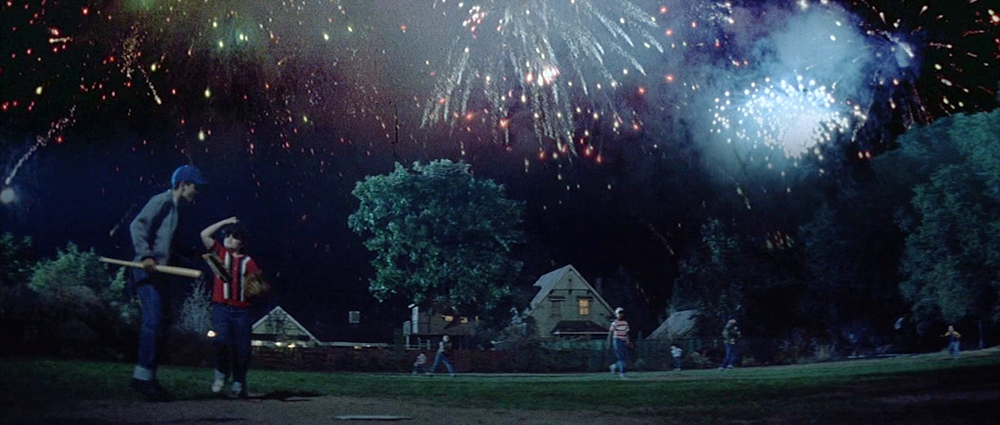
What I like about a lot of these baseball movies is that it is not unlike real life baseball: you get a slobs vs. snobs through-line in all of them, there’s the drama. Baseball has a lot of narrative possibility. There are multiple acts in a ball game; it’s like slow cinema. And there are underdog stories, as I’m sure you’re aware as a Mets player. Do you relate to that? Are those movies accurate?
Very few. As a baseball player, you watch the baseball scenes and sometimes you cringe, but then you realize that it’s not about that. It's not about how good this person is at throwing. You pay attention to the narrative and the attitudes that some of the players embody, and think: “I’ve had a teammate like that, I know guys like that.” That part is really fun.
As is the case with all of these sports films — and I guess any ensemble cast — it's like a heist movie. You've got people with different personalities who play off of each other, and they all fulfill a very specific niche. I would imagine that since you play with real people who are three-dimensional and not just avatars of the American pastime, it’s very similar.
Yes. That’s one of the biggest things I missed not playing last year in 2020 — being surrounded by guys you know well, and getting to know guys you have never met before, shooting the shit down in the bullpen. That time with the boys is not something I realized I missed so much. Like you said, a cast of characters — everyone has a different personality. You’re not gonna get along with everybody you work with, just like any work situation. But a locker room is a unique space, and I’m happy that I get to experience it for at least a couple years of my life.
You’ve written in the past, you mentioned taking notes during movies. You’ve got a lot going on, so you don’t do it too much right now — but is that something you were in the habit of doing, even outside of school? Do you keep a movie diary?
When I watch stuff, I’ll write down shots that I liked, scenes that I liked, characters that I liked and why. I try to go over those notes once in a while. It’s fun to look back on notes I took three years ago and think, “Oh yeah, I really enjoyed that aspect or that scene.” I judge a movie by if I think about it the next day or that night going to sleep, if it made an impact on me and it elicited an emotional reaction from me, that’s a good movie.
Manny Farber called it ‘termite art’: the idea being that it gets in there and it burrows and continues to burrow underneath and eat away at you, and it stays with you even if it’s not good.
Whether I liked it or not, I think that it was memorable at least — that’s better than something that just falls out of my head the second I leave the theater or that I turn the TV off.
I want to know about your enduring classics — your favorite directors. If you had to make a Mt. Rushmore at this very moment without knowing that I asked you, would you do it?
It would probably be Hitchcock at the top; Kubrick, second; and then it gets real messy after that. It’s not a controversial take or a surprising top two.
I think a lot of people in cinephilia, and especially in New York film culture, think what we do in New York has gotta be fuckin’ betta than everybody else (except our baseball). Film culture is taken very seriously, but there is this gatekeeping thing for people who are new to cinephilia. Movies were not made originally for people who were intense cinephiles, they were made as popular entertainment for people to enjoy. Do you feel like there’s gatekeeping and value judgement the way people talk about movies?
I used to be one of those people, and I hope that I’m not anymore. I used to look down on people based on what kind of movies they said they like, or if their favorite movie was Shooter with Mark Wahlberg. People can like whatever they like — people can watch whatever films they enjoy, and spend as much time dissecting them and enjoying them as they’d like. I’m not losing friends over, you know, whether they like Transformers or not. That’s cool.
Do you have an absolute favorite of [Kubrick’s], like, bar none?
I think 2001.
Have you ever seen it in a theater?
No.
Then you need to go to the Museum of the Moving Image, which is in Astoria, Queens. They have a series called “See It Big!,” and 2001 plays often because the museum has one of the biggest screens in the city. If you really like movies, you should go. They’ve got sets, costumes, all this equipment, and they show you how it works. They even had a whole exhibit about live sports editing, where you live-edit a Mets game.
Wow!
You see how they did it, but you can do it yourself — you can cut between the different cameras. There is a visual grammar to the way that these movies are done and how they build suspense, just like when they cut back and forth between the mound and the plate, the showdowns.
That’s a good point — building suspense through different shots. I’ve watched enough baseball to know, wow, this is a good production or this is going smoothly. Rather than, you know, they lose track of the ball or they’re showing the wrong highlight or the wrong replay or whatever.
When you mention that each person has a role to play, my immediate thought is that in many ways, because film is a collective effort, it is not unlike a ball team, where you’ve got people who have these different specialties and these roles. If you had to pick a corollary for who is the pitcher in a movie crew, who would that be?
You gotta say director, right?
You think the pitcher would be the director?
Ultimately, they’re starting the action — the game doesn’t go until the pitcher decides to throw. And if he’s not ready to throw, baseball doesn’t go anywhere. The movie doesn’t go anywhere unless the director’s ready to shoot.
Does your relationship to this thing outside of baseball have any kind of influence? Or are they two completely separate things? Do you keep them as separate spheres in your life?
I kind of keep them as separate spheres in my life. But they relate to each other. And the fact that, if I want to get away from baseball, clear my head and get lost in a great film, then that’s a real good tool that I have. When you fail on the highest level, you feel like you’ve let not only yourself down, but teammates and coaches and a whole fan base. So being able to have something that’s just yours that you can envelop yourself into or concentrate on, like a book or a movie or art or cooking yourself a meal and just treat yourself really nice — that’s really healthy to have.
Growing up did you think, “I’m gonna become a pro ball player”?
Yeah. Baseball has always been my dream growing up. Some years, I wouldn’t want to go to tryouts, I would just want to watch cartoons on Saturday morning because tryouts were always early. My mom was like “Nah, you gotta go, you gotta go.” So thanks, Mom, for keeping my career going. I was good enough in high school to get a scholarship to Cal. Then played at Cal for five years. My last year I was finally impactful enough and good enough to get drafted. I didn’t really have any job lined up besides getting drafted. Minor Leaguers don’t get paid much, you know. Unionize the Minors.
Hell yeah. Can I put that in there?
Absolutely.

